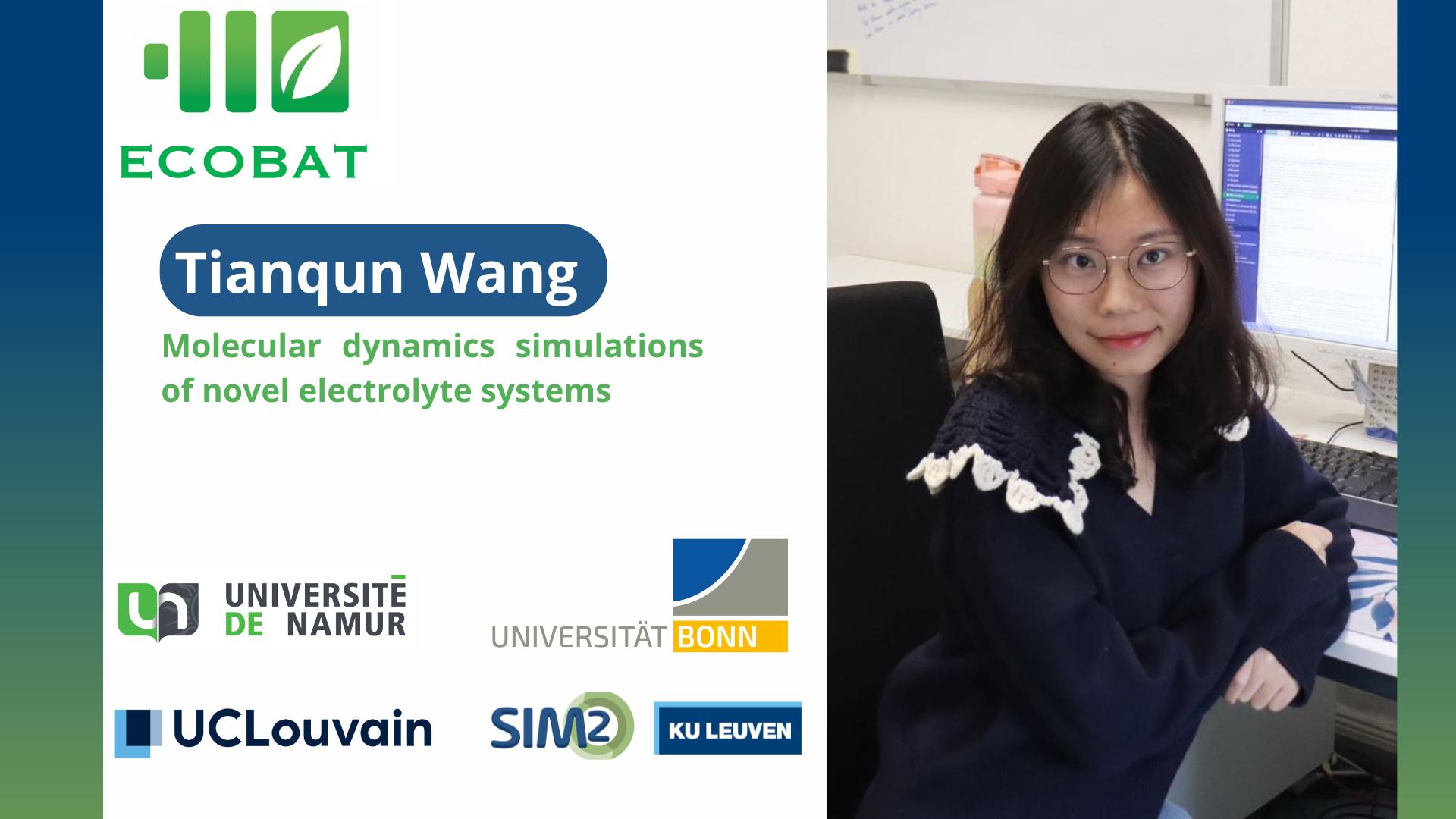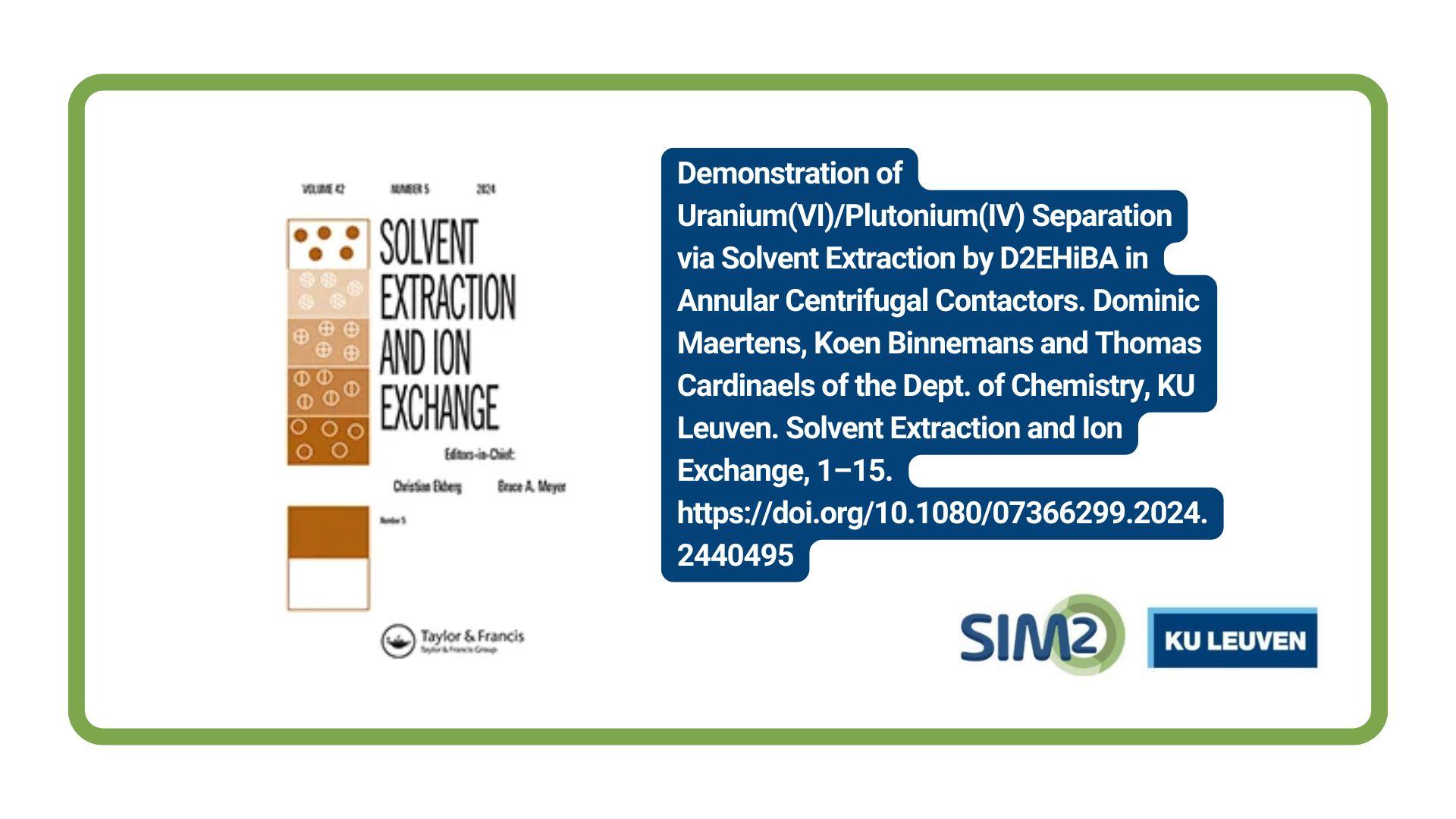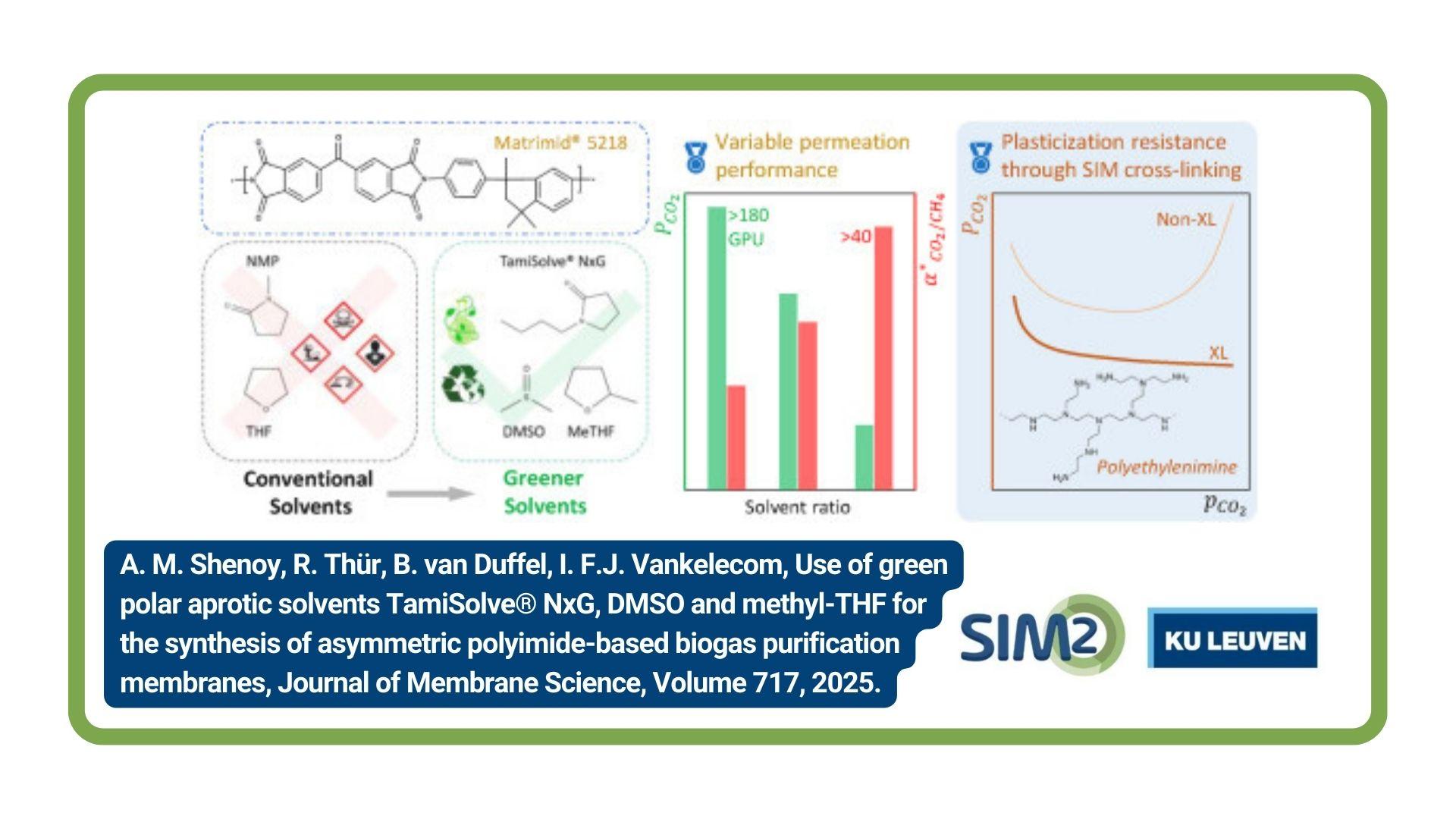For most PhD applications, a relevant industrial experience is considered a plus in the CV. However, the career shift from the industry back to the academia often comes with transitional challenges. This leads PhD-newbies, like myself, into asking: “Which aspects of an industrial experience can come in handy while easing this transition?”
With more than two years of professional experience in an industrial plant prior to finding my way back to the academia, I listed five learnings from my previous profession that I find to be the most valuable in my venture as an early-stage researcher:
-
You don’t always speak the same language
Not everyone in the team studied your field and you have to deal with them, gracefully. In the industry, you work with people of diverse background. Whether it would be about managing the operators, dealing with the maintenance department, or talking to the customers, it requires a lot of creativity to convey your message. Although a PhD in engineering science is indeed a lot of science, a vital factor contributing to the success of a research project relies in being able to communicate the significance of the study to the public. Are you researching just to know why? Or to use that “why” in generating a positive impact on the society? Let them know!
-
Realizing that you are a part of a bigger picture
PhD students have the tendency to micromanage and get dissolved into their own research topic. Industrial experience teaches one not only to be a gear of the company’s progress, but also to be actively involved in the socio-cultural and political issues concerning the local community. In the latter case, the definition of process optimization extends beyond the walls of science.
-
Time is money
Industrial experience entails discipline. The organization ensures that each member realizes the importance of punctuality and the sense of urgency. Every second of downtime in the operation constitutes a production loss. Every delay in shipment means payment of penalties. What’s worse? Such failure to follow the schedule can be directly reflected in your own paycheck! In doing a PhD, you generally have a better control of your time. Without a sense of urgency, procrastination can easily be your delinquent buddy. Choose your friends wisely!
-
Lives can be lost with wrong decisions and negligence
There is no tolerance for mistakes when lives are at stake. As a PhD student doing experiments in the laboratory, you can easily decide to repeat a trial when something goes wrong. In the industry, making a wrong decision, such as signing a work clearance without a proper safety assessment, may not only cost you your job but also the life of your colleague. Industrial experience teaches you to be more proactive and responsible for even the most trivial decisions you have to make. You will never sign anything again without reading!
-
Keeping the work-life balance
Pursue a PhD with a research topic you are passionate about. This is especially crucial when you have to spend your holidays and weekends working on that never ending draft of paper you wish to be published soon. Working in the industry generally gives you more time to enjoy the sun. Keeping the employees happy and healthy secures a productive workforce that the company desires.
Realizing the importance of work-life balance can save you some sanity to defend that dissertation!
Above are my thoughts, based on my personal experience in shifting from an industrial profession to pursuing a PhD degree. It can be different to another individual’s perspective but in the end, I think we can all agree that nothing teaches better than experience!

With this blog, I hope to express my gratitude to my former workmates who have imparted remarkable life lessons, I will surely make use of in my new venture as a PhD student. Moreover, I hope to motivate the bright minds in the industry who aspire to be back in the academia, never to give up on their dreams!
About The Author:
 ESR 11, Jennifer Astoveza, is a licensed metallurgical engineer from the Philippines. She obtained her bachelor’s degree in 2012 from the University of the Philippines – Diliman. She worked as a process engineer in the precious metals plant of the PASAR Corporation, a copper smelter and refinery managed by Glencore-Xstrata. In 2017, she graduated with distinction as an Erasmus+ scholar of the EMerald Programme, an EIT-labelled degree with a specialization in geometallurgy.
ESR 11, Jennifer Astoveza, is a licensed metallurgical engineer from the Philippines. She obtained her bachelor’s degree in 2012 from the University of the Philippines – Diliman. She worked as a process engineer in the precious metals plant of the PASAR Corporation, a copper smelter and refinery managed by Glencore-Xstrata. In 2017, she graduated with distinction as an Erasmus+ scholar of the EMerald Programme, an EIT-labelled degree with a specialization in geometallurgy.
She recently started her PhD studies at KU Leuven, and will be directly working at the Kerneos Research and Technology Center in Vaulx-Milieu, France. She is tasked to explore the viability of using industrial residues as supplementary cementitious materials (SCM) in calcium aluminate blended cements (CAC).
If you are interested in her research and wish to learn more about it, you can reach her through jennifer.astoveza@kuleuven.be
This article appeared first on www.etn-socrates.eu website.





